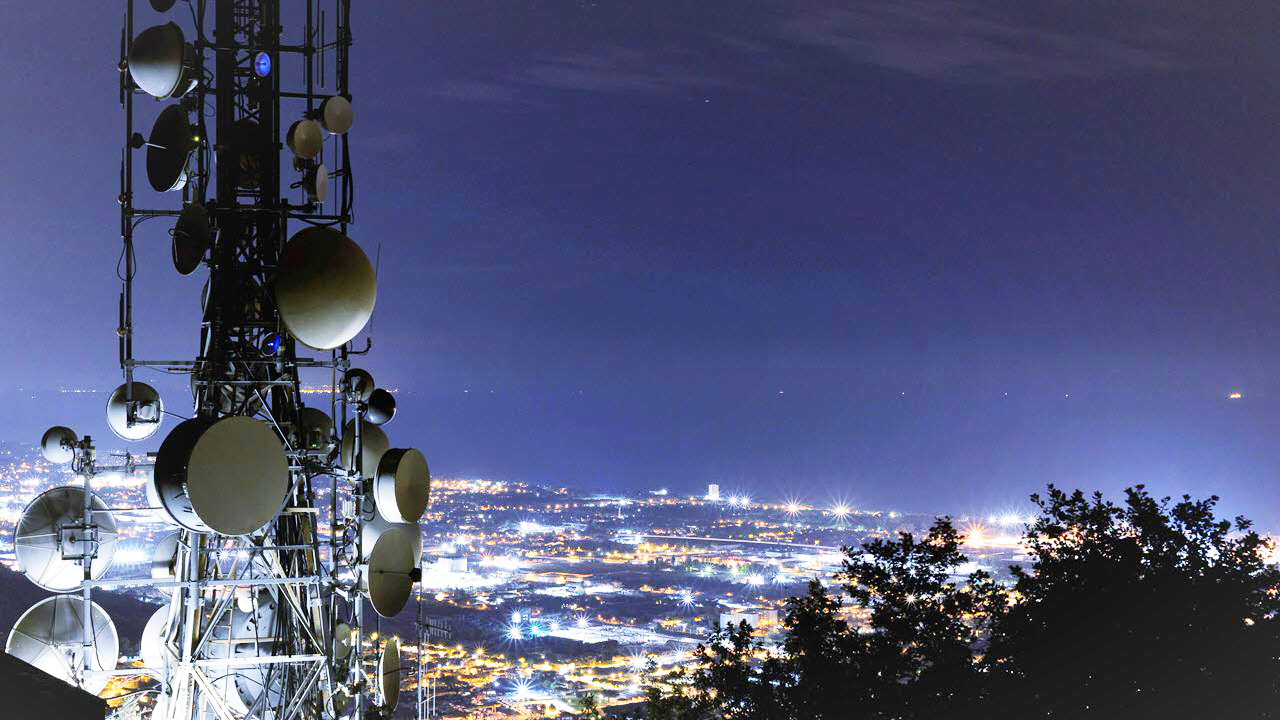Verizon extends its mmWave 5G Home service with repeater trials
Verizon has used holographic beam forming repeaters from Pivotal Commware to extend its mmWave 5G Ultra Wide Band signal.

Verizon has partnered with Pivotal Commware, a Verizon Ventures company, to conduct trials in Dearborn, Michigan, to improve mmWave 5G coverage by strategically placing intelligent repeaters to enhance and boost the Verizon 5G Ultra Wide Band signal.
A network repeater takes signals from nearby cell sites, amplifies the signals from those sites, and then re-transmits them to previously under-served areas.
"Introducing repeaters like the ones we are trialling from Pivotal will help us expand the footprint of our new 5G Ultra Wide Band network and provide another tool in the toolbox for robust network design.”
Kevin Smith, Verizon.
“Compared to lower spectrum bands, 5G over mmWave offers far more speed and throughput, is more energy efficient, experiences less signal interference over the air, and has a much greater capacity for expansive scalability,” said Kevin Smith, Vice President of Network Planning for Verizon. “As we’ve known since our very early trials, high band spectrum provides more limited coverage from macro cells. Introducing repeaters like the ones we are trialling from Pivotal will help us expand the footprint of our new 5G Ultra Wide Band network and provide another tool in the toolbox for robust network design.”
Dearborn trials
The trials in Dearborn focus on providing coverage to larger apartments or dormitories, with multiple buildings and floors, where repeaters are particularly helpful. By installing repeaters between the cell site and the location, the 5G signal can be cost-effectively re-transmitted to cover additional areas. (Repeaters are small, consume less power than a small cell or macro site and do not require a fiber connection.)
“The enhancement of our 5G Home service and Pivotal’s repeater technology are the latest examples of accelerating our 5G network deployment to more quickly deliver the experience our customers are hungry for,” said Smith.
In Dearborn, Verizon and Pivotal Commware expanded 5G coverage and capacity by placing Pivotal’s Echo 5G and Pivot 5G repeaters in a residential suburb to enhance and boost Verizon’s 5G Ultra Wideband signal. Additionally, the trials demonstrated that Verizon can substantially reduce 5G mmWave deployment costs while increasing performance, especially 5G indoors coverage.
“Whether for mobile or fixed wireless, holographic beam forming technology solves mmWave coverage, penetration and shadowing loss challenges."
Brian Deutsch, Pivotal Commware.
"To any mmWave critic, I'll stand up the enabling and disruptive capability of Pivotal's Holographic Beam Forming repeaters – Echo 5G and Pivot 5G – and their ability to substantially reduce 5G mmWave deployment costs while delivering ample signal to Verizon's 5G Ultra Wideband customers,” said Brian Deutsch, chief executive officer, Pivotal Commware. “Whether for mobile or fixed wireless, holographic beam forming technology solves mmWave coverage, penetration and shadowing loss challenges."
SIGN UP FOR E-MAIL NEWSLETTERS
Get up to speed with 5G, and discover the latest deals, news, and insight!
Recently, Verizon has expanded its 5G Home service to Detroit and enhanced service in Indianapolis and Los Angeles. By the end of 2020, 5G Home Internet will be available in 10 cities nationwide. And for further details on the Pivotal solution, click here.
- Discover the best 5G networks in the UK and US
- Get your hands on the hottest 5G phones
- Millimeter wave: the secret sauce behind 5G
- The complete guide to 5G security
- We reveal the latest 5G use cases
- Discover the truth behind 5G dangers
- 5G towers: everything you need to know
Dan is a British journalist with 20 years of experience in the design and tech sectors, producing content for the likes of Microsoft, Adobe, Dell and The Sunday Times. In 2012 he helped launch the world's number one design blog, Creative Bloq. Dan is now editor-in-chief at 5Gradar, where he oversees news, insight and reviews, providing an invaluable resource for anyone looking to stay up-to-date with the key issues facing 5G.

